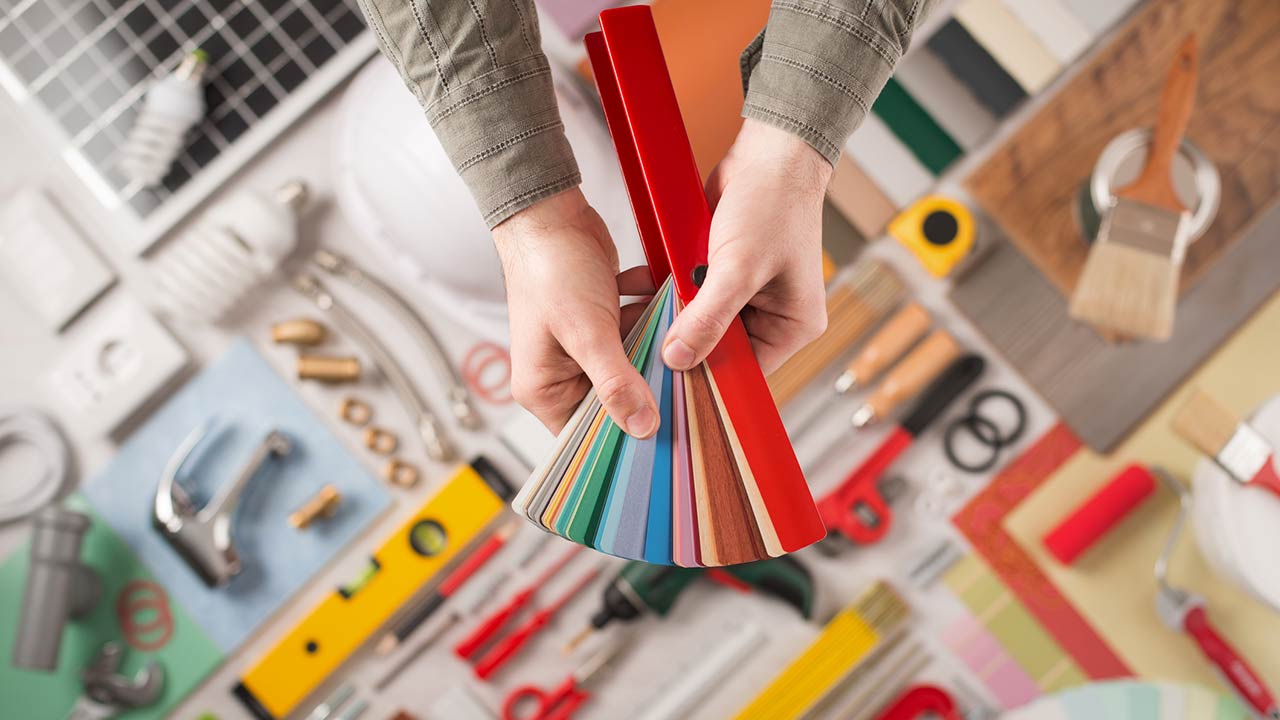5 Problems Your Home Inspector Might Not Catch
You’ve found your dream home, put in an offer that the seller couldn’t refuse, and sealed the deal. But before you head out to buy new furniture, there’s still one little task that needs to be completed: the home inspection.
Realtors will typically advise their clients to include this clause in a purchase agreement in order to help uncover any problems with the home that they might not have noticed when they first saw it. Yet as helpful as home inspections are, there are a number of things that might not necessarily be revealed during a standard inspection.
It’s important to understand that a few things might not be caught, including the following.
1. Structural Problems
A skilled home inspector should easily be able to tell if the roof on a home is sagging. He or she may also be able to spot cracks in the foundation in an unfinished basement. Just about every roof will have its inconsistencies, and many concrete foundations will have minor, insignificant cracks. But when it comes to identifying the extent of potential problems, as well as the potential cost of repair, this is where the home inspector’s job ends.
Home inspectors are trained to spot issues that the average home owner might not be able to spot. They’ll crawl into attics and stick their fingers into wall insulation to uncover any issues. But they’re not licensed structural engineers. If there is something outside of the home inspector’s scope, they’ll refer you to someone else.

2. Electrical Issues
Think of a home inspection as nothing more than a ‘visual inspection’ when it comes to possible electrical problems. As far as electrical wiring goes, home inspectors aren’t always able to identify the exact source of the issue should a problem be suspected. Sure, they’ll be able to spot something if it looks off, such as a receptacle not having a proper ground, but they won’t exactly be able to determine what is causing the problem, or where. An electrician will have to come into the picture in order to take over where the home inspector left off in this case.

3. Blocked Sewers
Not every problem with a home is going to rear its ugly head during a home inspection. Issues may not even show up until well after you’ve moved into the house. A blocked or damaged sewer line is unfortunately one of these issues that can be placed under this category.
A home inspector will do things such as run water through the sinks, tubs and toilets, but they’re only there for a couple of hours. This short time period might not be enough for the issue to be exposed.
Inspectors can skillfully estimate the age of pipes and drains, and even make sure there are no trees in the line of the sewer pipe that might cause a problem. But when it comes to in-depth sewer pipe scoping, that nasty job is left to sewer line expert.
4. Leaks
Leaks can seemingly show up out of the blue. They might not be there one day, but then show up the next. This is why leaks are a toughie for home inspectors. Many times vacant homes have plumbing that hasn’t been used in a while. If there were leaks, they would have all dried up by the time a home inspection was conducted. A couple of days after you move it and start using the taps, all of a sudden these leaks become apparent. Even the most experienced inspector may miss a potential leakage spot while conducting an inspection.

5. Faulty HVAC Equipment
Just like sewer lines and leaks, problems with the HVAC equipment may not be there one day then show up the next. When an inspector checks out the air conditioner and finds that the temperatures are within acceptable ranges, the system can seem like it’s functioning fine. But once the summer hits and the temperatures go through the roof, the A/C will be under a lot of pressure to work hard, which is usually the time for it to fail if it’s faulty.
If the inspector has a hint that there may be a problem with the HVAC equipment, a specialized contractor can look into the job. It typically costs anywhere from $3,000 to $5,000 to hire these contractors, who will need a few days to complete their inspection.
The Bottom Line
Having a home inspected before you finalize a deal is important to help uncover any possible issues with the home that’ll wind up costing you a lot of money and plenty of headaches. But at the end of the day, inspectors are not miracle workers. There are a bunch of things that homeowners think they can do, but can’t. It’s important to be realistic about what the entire scope of home inspector’s job is, and at what point a specialist will need to be called in.









Leave a Reply
Want to join the discussion?Feel free to contribute!